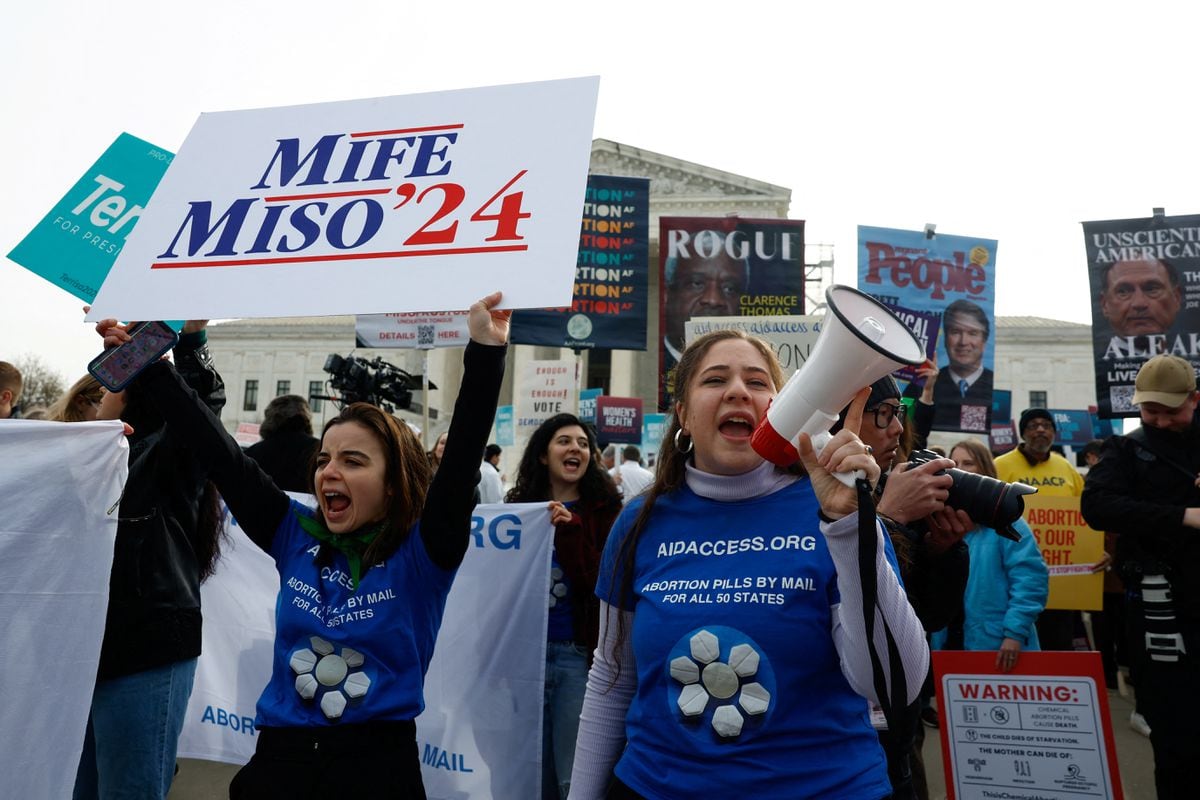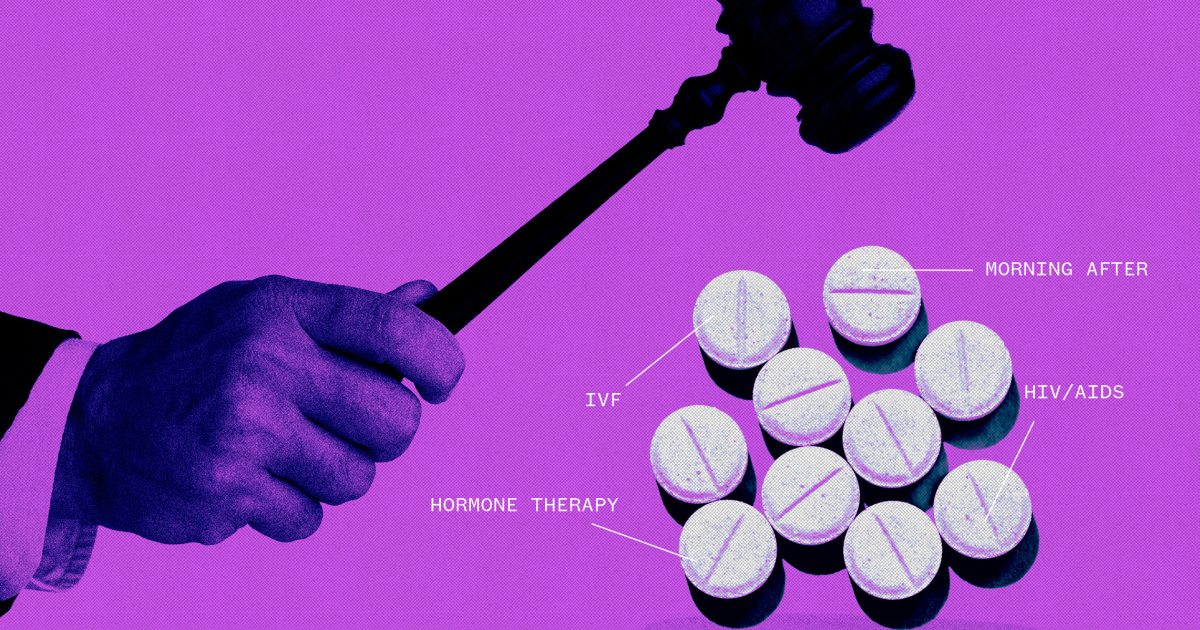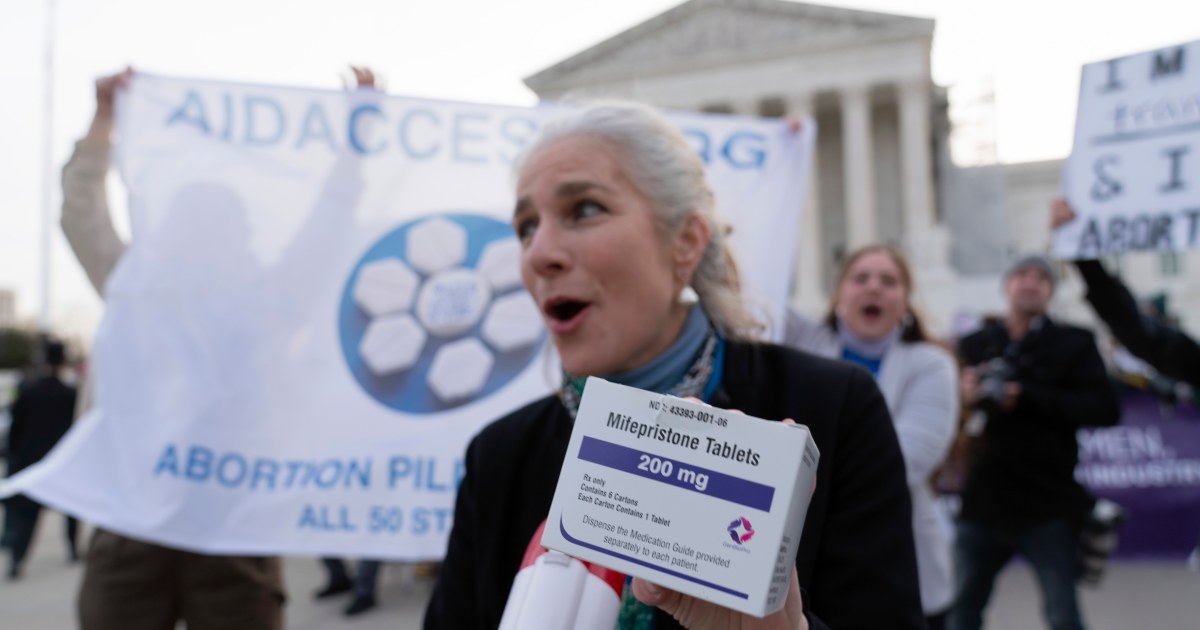Grandson of slaves, not-so-anonymous ex-alcoholic and frustrated priest.
The personality of Clarence Thomas (74 years old), judge of the Supreme Court, holds surprises as you delve into the story of his life, a seasoned mix of coherence and paradox.
A champion of the repeal of abortion and a devout conservative crusader, he found himself in the pillory for a noisy case of sexual harassment that almost deprived him of the Supreme Court seat for life (but it happened in 1991, long before #MeToo, and he came out unscathed).
In theory outside the political scrum, he is also Virginia Thomas's husband, Ginni, whose involvement in high-voltage cases—the Trump coup attempt and the anti-abortion campaign—compromises her independence visibly.
More information
The wife of Supreme Court Justice Clarence Thomas urged the White House to annul the results of the 2020 election
A long million signatures subscribe these days to a popular petition on the MoveOn portal to recuse him as a member of the Supreme Court.
His support for the repeal of the Roe v. Wade doctrine;
his stated intention, in a particular vote, to undermine other rights, such as homosexual marriage, and his dissent when the Court ordered Donald Trump to hand over secret documents —about the case that affects his wife— have made him a target of the reviews.
The Supreme sets the political agenda and multiplies the exposure of the judges, but Thomas gets all the flashes.
Known for his long silences in deliberation, stoic and more conservative even than the originalist Antonin Scalia, Thomas did not have an easy childhood, after his father left home when he was two years old.
His maternal grandfather instilled in him the values of discipline and effort that have been the cornerstones of his career.
His determination showed signs when at age 16 he made it into a seminary, the first black student admitted.
But the lukewarmness of the Catholic Church towards civil rights cooled his vocation as a priest and, shortly after the assassination of Martin Luther King in 1968, he abandoned the idea.
In the early 1970s, he enrolled in law school at Yale through a black admissions program at a typically white university.
Not for that reason he assumed affirmative discrimination as something positive;
On the contrary, from the beginning of his career he abhorred the possibility that his white colleagues believed that his promotion was due to the racial quota and not to his effort and merit.
In the 1980s, under the guidance of President Ronald Reagan, he landed in the Administration as Undersecretary of Education and, later, as head of an important commission on Labor.
Back then he was carrying the blissful student debt that has weighed down American college students for decades;
a payment that his addiction to alcohol threatened.
So one day he stopped drinking, cold turkey.
Alcohol has not been the only one of his vices,
At 43 years old and with just one year of experience in the judiciary, encouraged by George Bush Sr., Thomas was nominated for the Supreme Court in 1991. The confirmation sessions in the Senate were a nightmare.
A former collaborator, Professor Anita Hill, accused him of sexual harassment (exercised verbally).
The FBI investigated and issued an inconclusive report, so the Senate decided to proceed with the process.
But the complaint was leaked to the press and feminist groups demanded that the upper house investigate further.
Anita Hill was called to testify, turned by the media into the bad guy in the movie.
Thomas denied all the accusations, calling them a lynching.
The Senate confirmed him in October 1991 by the narrowest margin in a century: 52 votes in favor, including 12 Democrats, and 48 against.
Thomas, the second African-American justice to serve on the Supreme Court, has made important contributions to the case law, experts say, but he has also imbued it with previously untimely conservative ideas, such as the Second Amendment right to bear arms and deregulation of government funding. political campaigns.
Slimming down the State, cutting back on the powers of regulatory agencies, is among its objectives, in addition to juggle the sacrosanct freedom of the press.
On June 27, he wrote that the Court should "review" the landmark case of freedom of the press in the 20th century, The New York Times v. Sullivan (1964), which shields the media from lawsuits by offended characters.
Thomas has said more than once that his colleagues talk too much and that he prefers the lawyers to explain themselves, that the reports already tell him everything he needs to know.
Much more talkative has been his wife, Ginni, who maneuvered to annul the result of the 2020 election thanks to her friendship with former Trump chief of staff, Mark Meadows, convinced that Joe Biden's victory was "the biggest robbery ” electoral history.
Her anti-abortion activism has also put her on the front lines of the ultra offensive.
As a result of his undisguised intervention, the most progressive Democrats have called for the revocation of the judge, as have the students at George Washington University, where he is a professor.
The repeal of abortion and its political storm have diverted the focus of scrutiny from the couple, but who knows for how long.
Sign up for the weekly Ideas newsletter
here .
50% off
Exclusive content for subscribers
read without limits
subscribe
I'm already a subscriber















